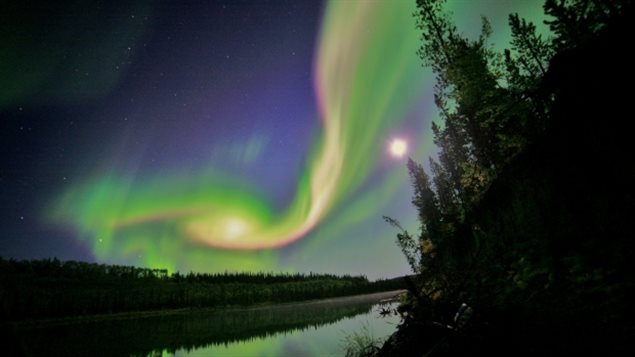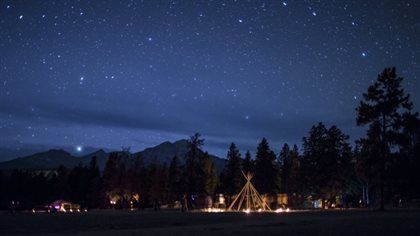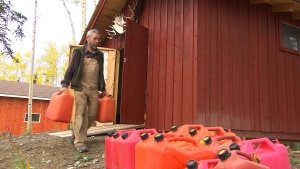Yukon Astronomical Society wants dark sky designation

Yukon, one of the three northern territories in Canada, may be well known as the ‘land of the midnight sun’, but now a group of amateur astronomers wants it to be a destination for the winter night sky spectacles, produced by the aurorae.
“If you think about it, we spent so much effort on summer tourism and our summer season’s what — three months? So we’ve got another nine months of tourism potential that’s untapped with winter tourism,” Forest Pearson of the Yukon Astronomical Society told CBC.
“Part of the program is outreach to the communities”
That’s why the society is suggesting a “dark sky preserve” for Kluane National Park, and an “urban star park” for the city of Whitehorse’s Chadburn Lake Park, designated by the Royal Astronomical Society of Canada.
A ‘dark sky preserve’ is “an area in which no artificial lighting is visible and active measures are in place to educate and promote the reduction of light pollution to the public and nearby municipalities.” according to the RASC website.

An ‘urban star park’ is in an area where artificial light may be present but it “Is strictly controlled and active measures are in place to educate and promote the reduction of light pollution.”
The first dark sky preserve in Canada was in 2008 for Ontario’s Manitoulin Island, in great Lake Huron. Now there are several across Canada.
Forest Pearson says it was the people at Kluane National Park that initiated the request for ‘dark sky preserve’ status.
It’s not about banishing or forbidding light, “It’s about providing responsible lighting,” Pearson said. “It’s providing the right amount of light, in the right place, at the right time.”
Pearson says one of the key elements in getting these designations is making sure local communities are involved in the planning.
“Part of the program is outreach to the communities, to try to recognize the problem and to start to show leadership in moving to more responsible lighting, and managing light pollution,” he said.
Related stories from around the North:
Canada: Obituary for an Arctic river, blog by Mia Bennett
Finland: Hole in the clouds : Rare skypunch forms over Finland, Yle News
Greenland: Greenland earthquake and tsunami – hazards of melting ice?, blog by Irene Quaile, Deutsche Welle
Norway: As Arctic weather dramatically changes, world meteorologists take on more joint forecasting, The Independent Barents Observer
Russia: Norilsk says blood-red river spill caused by heavy rain, weather report tells another story, The Independent Barents Observer
Sweden: Worst berry season in years expected in northern Sweden, Radio Sweden
United States: U.S. federal scientist says Arctic climate work cost him position, Alaska Public Radio Network



